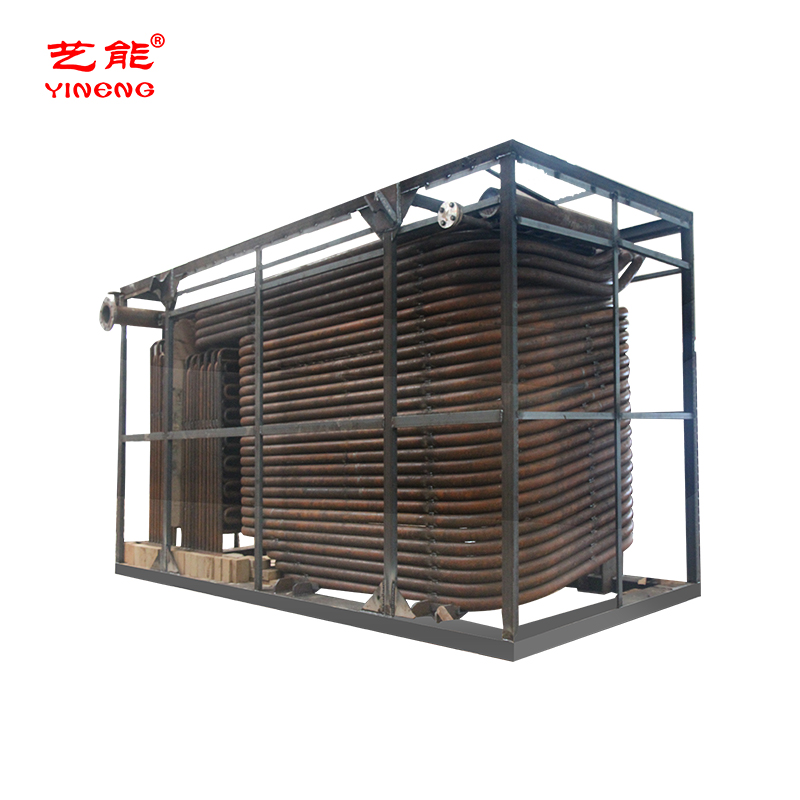boiler for rubber manufacturer
The Importance of Boilers in Rubber Manufacturing
In the rubber manufacturing industry, the production process is complex and requires precise control over various parameters, including temperature and pressure. One of the most crucial pieces of equipment that play a vital role in this process is the boiler. Boilers provide the steam and hot water necessary for several operations throughout the rubber manufacturing process, making them indispensable for efficiency and product quality.
Understanding the Role of Boilers
Boilers are devices that convert water into steam or hot water through the combustion of fuels such as natural gas, oil, or biomass. In rubber manufacturing, steam generated by boilers is used for various purposes, including heating, vulcanization, and drying of rubber products. Vulcanization, a chemical process that transforms rubber into more durable materials, requires precise temperature control, making reliable steam supply essential.
Types of Boilers Used in Rubber Manufacturing
Different types of boilers can be utilized in rubber manufacturing, including fire-tube boilers, water-tube boilers, and electric boilers. Fire-tube boilers are commonly used for their simplicity and efficiency in small to medium-sized applications. They operate by sending hot gases through tubes located in water. Water-tube boilers, on the other hand, are suitable for larger operations where high-pressure steam is necessary. Electric boilers have also gained popularity in recent years due to their high efficiency and low emissions.
Energy Efficiency and Cost Reduction
boiler for rubber manufacturer

One of the significant challenges faced by rubber manufacturers is reducing operational costs while maintaining high productivity. Modern boilers are designed to be more energy-efficient and can significantly lower fuel consumption. Implementing advanced technologies such as condensing boilers or heat recovery systems allows manufacturers to reuse waste heat, further enhancing efficiency. This not only reduces environmental impact but also leads to substantial cost savings in fuel.
Quality Assurance in Production
The quality of the rubber products is directly related to the consistency of the heating process. An efficient boiler system ensures that the steam supplied is of high quality and at the right pressure and temperature, which is critical during vulcanization. Any fluctuations in steam quality can lead to defects in the final product, resulting in increased scrap rates and rework, which can be costly for manufacturers.
Maintenance and Safety Considerations
Regular maintenance of boilers is paramount to ensure their reliability and safety. Manufacturers must adhere to stringent safety protocols, as boilers operate under high pressure and temperatures. Performing regular inspections, cleaning, and servicing can prevent breakdowns and extend the lifespan of the equipment. Additionally, installing safety devices such as pressure relief valves and automatic shut-off systems can mitigate risks and ensure a safe working environment.
Conclusion
In conclusion, the boiler system is an integral component in the rubber manufacturing industry, influencing both efficiency and product quality. As manufacturers continue to face pressures from market competition and environmental regulations, investing in modern, energy-efficient boilers becomes increasingly important. By understanding the critical role that boilers play in their operations, rubber manufacturers can enhance productivity, reduce costs, and ensure high-quality output, ultimately contributing to the overall success of their business.
-
Top Electric Steam Boiler Manufacturers | Industrial Solutions & CustomizationNewsJul.27,2025
-
Top Electric Steam Boiler Manufacturers | Industrial Steam SolutionsNewsJul.26,2025
-
Top Electric Steam Boiler Manufacturers – Reliable Industrial SolutionsNewsJul.25,2025
-
Top Electric Steam Boiler Manufacturers – Reliable Industrial SolutionsNewsJul.24,2025
-
Top Electric Steam Boiler Manufacturers – High Efficiency & ReliabilityNewsJul.23,2025
-
Best China Steam Boiler Price for Efficient Industrial HeatingNewsJul.22,2025

